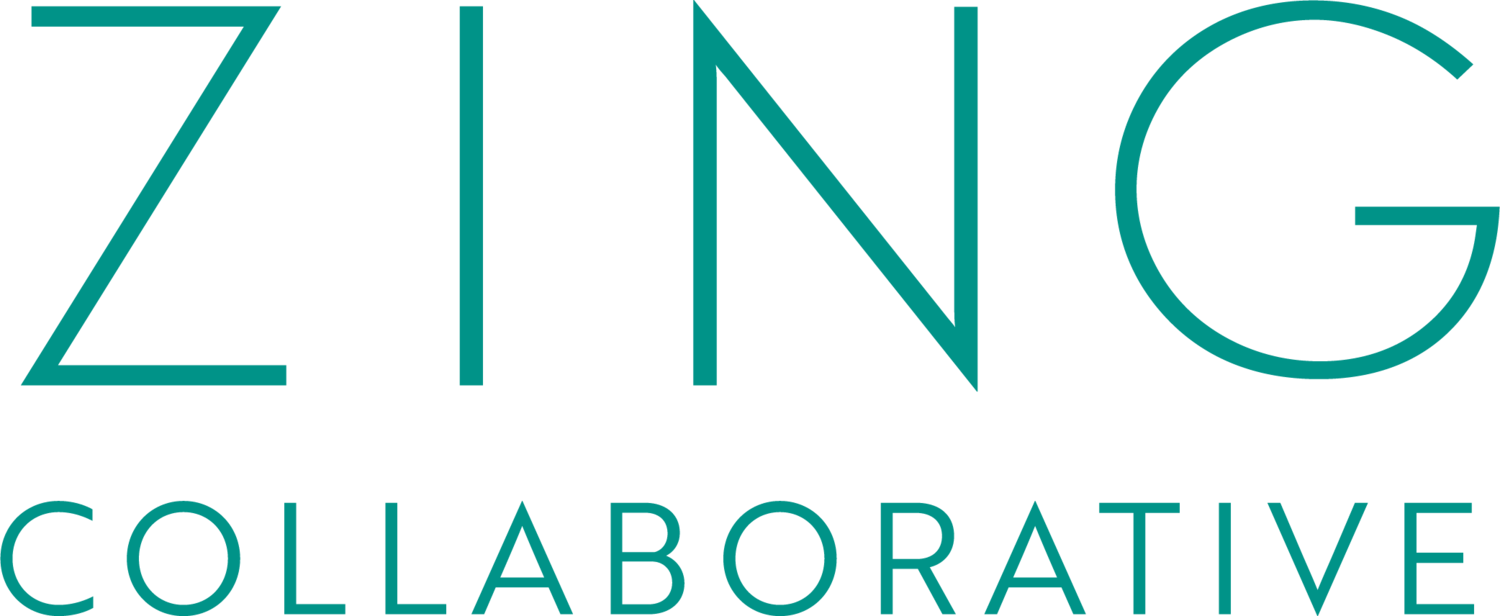EITHER TAKE A STAND, OR DON'T (AND EITHER WAY, LET'S BE CLEAR AND INFORMED).
Yesterday, I walked into a not-to-be-named grocery store to pick up a few essentials.
According to the signs, masks were encouraged. They were not required.
According to the overhead announcements, social distancing was requested. It was not enforced.
Throughout the store, patrons, employees, and online shoppers wearing latex gloves wandered around in various directions and multiple states of confusion in what was, excuse my language, one giant cluster fuck.
The one thing that was enforced, with militant precision, was the six foot distance rule at the checkout counter, marked by colored tape on the floor. Reaching a toe or finger across this line, to place a box of crackers on the belt in a way that was deemed premature, was promptly halted.
Here’s the problem with this approach: it’s confusing, unclear, and it fails to take a stand one way or another.
It takes just enough of a stand to say, “we’re doing things to create a safe shopping experience!” but not enough of a stand to actually create a safe shopping experience if the tenants of a safe shopping experience involve masks and social distancing.
When we’re taking a stand and putting a stake in the ground, do we know what we’re taking a stand for?
When we say, “we stand behind this organization,” do we know not only the tagline but the pillars of what the organization stands for, their values, and the way that they operate?
When we say, “we’re donating to this cause,” do we know where our donations are going?
When we say, “we believe in XYZ,” do we know what saying “we believe in XYZ” really means?
When we say, “we believe in science,” do we know what the science actually says?
Have we done our homework, our research, and our reading?
Have we asked the hard questions to figure out what we really believe and what we can fully stand behind?
Have we read not only the headlines but the news releases and the scientific papers and the actual facts and figures and research and data from multiple sources and perspectives and political parties?
In our current world, it is not always easy to uncover the truth. We live in a world where sensationalized, clickbait headlines have, in many cases, replaced journalistic integrity. The president of our country tells, according to some bodies of research, an average of 23.3 lies per day. Organizations such as the CDC and WHO that we’ve looked to as sources of reliable, factual information related to public health have changed their recommendations by the day and sometimes by the hour. Our social media feeds often create an echo chamber of people who share our opinions and views, and where mistruths can spread as facts like wildfire (this article has some good tips for how to dig deeper to find sources, truth, and evidence).
Uncovering the truth is not always an easy or convenient task. But it is more important than ever, at a point in time when our country feels so polarized and divided - oftentimes, based not the hopes and dreams and values that we have for how we live our lives (which in many cases are not all that far apart), but on the headlines and the tag lines and the hashtags and the way that so many things - from wearing a mask to which nonprofits we support - have become both political and divisive.
When we decide to take a stand, can we do it fully and completely?
Are we willing to put a stake in the ground and stand with the risk that goes along with doing so?
Do we really know what we are taking a stand for - and can we feel completely in integrity when we do?
Or are we simply putting a sign in the front of the store that says, “we’d like you to wear a mask and practice social distancing,” while allowing a cluster fuck to ensue inside?
It is an important time to put a stake in the ground for the things that we believe in. It is an equally important time to do our research and our reading and our investigation to be fully informed on exactly what we are putting a stake in the ground for and the impact of doing so.

